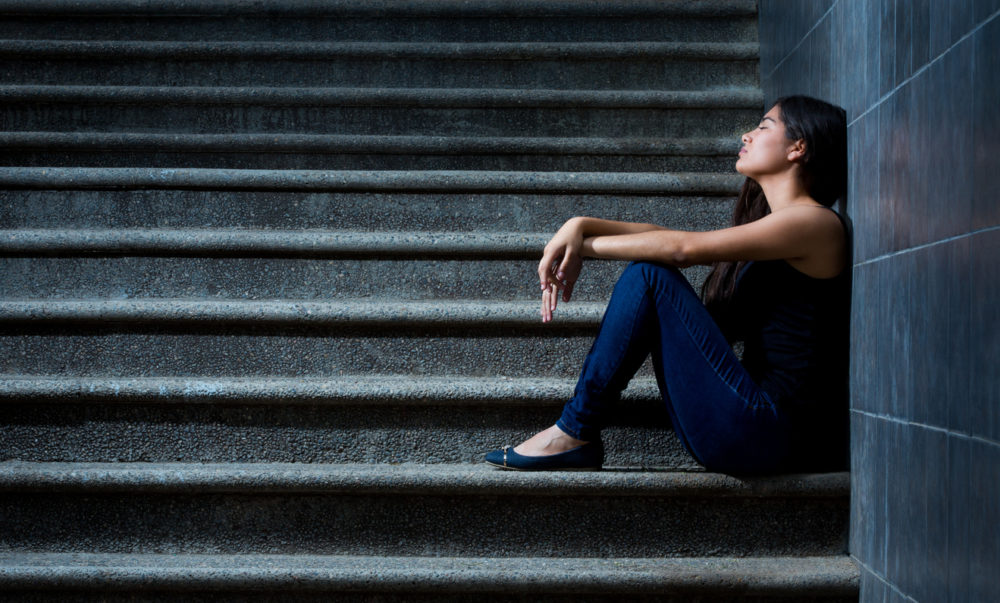In the wake of yesterday’s mass shooting in Florida, it’s hard not to feel terrible. Specifically, it’s impossible not to feel terrible. Or to not be consumed by the smothering hopelessness that comes with understanding that outside a miracle, the current administration will not change a blessed thing and automatic weapons will not be banned and mass shootings will continue while “concerned” higher-ups offer their thoughts, prayers, and lectures about not making a tragedy political. And so on, and so on, and so on until the world ends.
So how can you not be completely destroyed by that? How, at this point, do you rally even close to enough to want to do anything but curl up and wait for enough time to pass that it’s reasonable to go to bed and try and sleep for as long as possible? Everything feels too big and terrible and traumatizing. And then we have to try and rally and clap back and do the work. We encourage everyone to stay positive and remind ourselves that good people are real and beauty does exist in the world. But even typing that sentence made me feel tired, if I’m being honest.
The thing is, to feel horrible and angry and sad and hopeless and defeated is to be human. In the wake of tragedy, it’s not “normal” (whatever that made-up word means) to jump up and find the best angles and revel in them. I wouldn’t know what to do if I saw someone pushing anything other than the fact that right now, everything feels bad. Because it does. And while a part of me would love to write about the good things that are happening we can lose ourselves in (Kanye’s back on Instagram! Black Panther is finally here! The Olympics are happening!), I also know that denying ourselves the seconds/minutes/hours/days/weeks/whatever of acknowledging the worst parts of the news is a mistake. Because to be a person capable of moving on, you have to be a person. And right now, being a person has never felt more daunting or more messy or even more impossible — and those come with even more complicated feelings attached.
Me, I hate feelings. I hate emoting. I would rather do anything than actually process something terrible (or most things in general). At some point watching events unfold yesterday, I disassociated because I had to and put my phone down and thought, “Nope, no thank you.” Because I am tired of feeling sad and angry and overwhelmed and whatever it feels like when you’re driving around in the fog at night. I wanted to push everything down and away and then come back after I didn’t have to acknowledge the tragedy of teens texting their parents from their locked-down classrooms and could jump right into conversations about the political clout of the NRA. I wanted to avoid the humanity and rush straight into policy. I didn’t want to think about what a tragedy felt like. I wanted to dissect it after the emotions had been diffused.
But they never will be. As events continue to unfold, it gets (and will get) harder and harder to push everything down and away. We’ll run out of bandwidth and walk around on the verge of imploding, unable to articulate why we feel so, well, bad. We’ll wonder why our distractions aren’t working. Why our work isn’t paying off. Whether we should just toss in the towel and embrace apathy. Or, we can lean in to those moments of feeling really, really shitty. We can accept that to be emotional is to make us persons capable of empathy and of inciting change and of doing work. And while I don’t recommend staying in the dark place for too long, to acknowledge its existence is necessary. It is fine not to feel fine. It is “normal” to understand that nothing about anything is “normal.” And it is important to recognize your coping mechanisms as important to your mental and emotional health. You can’t build shit on a shaky, unstable foundation. (I have tried; it went badly.) You can’t lead a revolution when you’re being held together by caffeine and tape.











